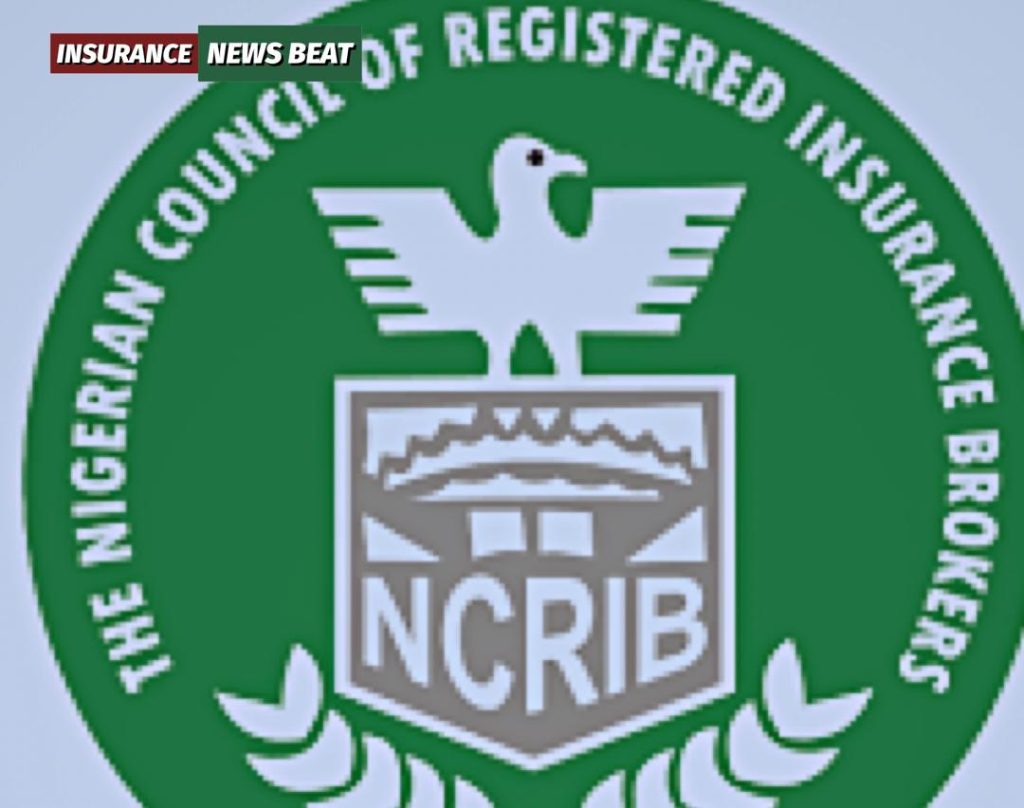As the Nigeria Insurance Industry Reform Bill 2024 progresses through the National Assembly in Abuja, minority shareholders are increasingly concerned about the readiness of insurance firms to handle potential recapitalization demands. These concerns were voiced during recent annual general meetings of insurance companies in Lagos, where shareholders demanded clarity from company boards and management regarding their preparedness for the bill’s possible implications.
At the 32nd annual general meeting of Cornerstone Insurance, Moses Igbrude, National Coordinator of the Independent Shareholders Association of Nigeria, questioned the industry’s preparedness, emphasizing the importance of foresight in navigating the impending legal changes. He warned that without adequate preparation, insurance firms risk becoming scapegoats under the new regulatory environment.
Similarly, at Prestige Assurance’s AGM, shareholder Nornah Awoh echoed these concerns. Sunny Nwosu, Chairman Emeritus of the Independent Shareholders Association of Nigeria (ISAN), further urged insurance firms to start planning how to raise capital, warning that competition with banks seeking new funds could pose additional challenges.
The new bill, which has passed its second reading in the Senate, proposes a significant increase in the capital base for insurance companies. Under the bill, the minimum capital requirement for life insurance companies would rise from N2 billion to N15 billion, and for general business, from N3 billion to N25 billion. The capital for reinsurance businesses would increase from N10 billion to N45 billion. These changes are intended to strengthen the sector’s ability to handle complex transactions and expand its reach.
The bill also includes provisions to protect consumers and ensure timely delivery of policy documents. Insurers who fail to comply with the bill’s requirements could face substantial fines and other penalties.
Also read NAICOM to Intensify Sanctions on Insurers Denying Genuine Claims
However, this proposed recapitalization comes amid an ongoing recapitalization exercise in the banking sector, raising concerns about the feasibility of simultaneous capital-raising efforts in both industries. The insurance sector has faced previous unsuccessful attempts at recapitalization, with the last successful effort occurring in 2007. Attempts in 2018 and 2021 were met with resistance and legal challenges.
Edwin Igbiti, the immediate past President of the Chartered Insurance Institute of Nigeria, highlighted the industry’s overdue need for recapitalization, given current economic challenges. He emphasized that the sector must prepare to meet the new capital requirements to ensure its growth and sustainability.
As the bill moves forward, the insurance industry in Nigeria is under pressure to demonstrate its capacity to adapt to these proposed changes and to secure the necessary capital to thrive in an increasingly competitive environment.




